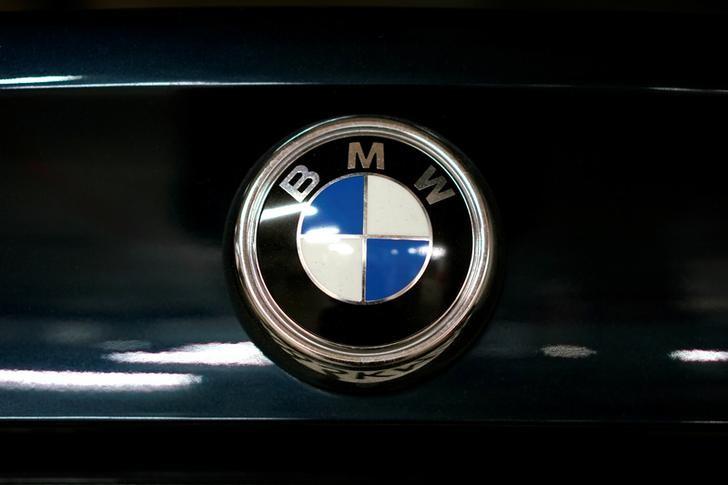BMW on Wednesday said that its management and labour representatives have agreed upon a set of measures that will help the company to reduce costs without having to take any "drastic measures". The company has been conducting meetings with its labour representatives and suppliers to find out possible routes to cut costs.
The announcement follows the company's decision to make an effort towards cost savings of $13.23 billion or 12 billion euros by 2022, as it struggles to develop new technology in the fast-changing automobile landscape.
The carmaker on Wednesday said that it has consulted and its labour representatives have come to agreement on a series of measures that will help the company achieve it cost savings goal.
BMW not in favour of job cuts

The German auto giant said that it does want to adopt drastic steps like many of its competitors have been doing lately. Many automakers are drastically cutting jobs as cost saving measures and in a move to boost their vehicle development and production ambitions.
The company's chief executive officer Oliver Zipse said, "We have achieved a solution based on solidarity. This allows us to avoid drastic measures that others are currently taking to reduce their costs."
Understandably, the company doesn't want to go for job cuts. BMW's decision follows rival Audi announcement, which a day earlier said that it will be slashing 9,500 jobs or one in 10 jobs in a bid to save costs and pump in more money towards it electric vehicle production.
A different approach

BMW's decision will certainly be a sigh of relief for thousands of its employees. The company and its labour union have agreed upon a new formula to calculate bonus payments. Per the new agreement, bonus payments will be around 20% lower than last year.
The company will also be introducing pension component based on dividend payments. The company will also be disbursing lower bonuses for Christmas. The new measures are applicable from 2020.
Carmakers continue to struggle
Automakers across the world have been suffering with slowing global economy. Moreover, a steep decline in car demands in the United States and China, two of the world's largest markets for new cars, have been biting into the revenues and profits of carmakers.
Moreover, the push for electric vehicles has seen a number of carmakers across the globe going for cost cutting measures to channelize funds towards their electric vehicle production goals. This has resulted in a large number of companies going for drastic job cuts as cost saving measures.








